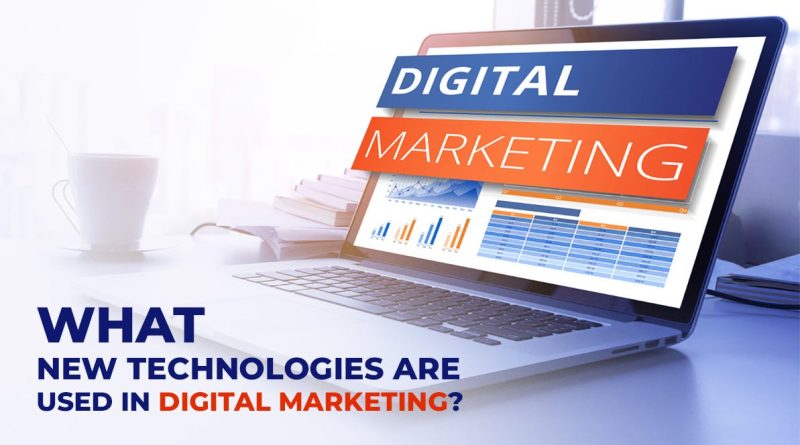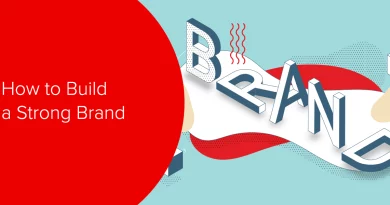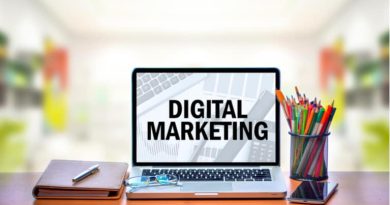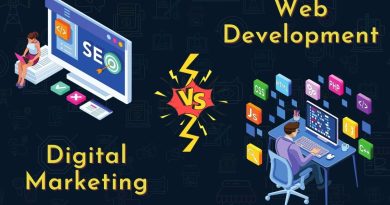Embracing the Future: New Technologies Shaping Digital Marketing
The digital marketing landscape is constantly evolving, propelled by the emergence of innovative technologies that reshape the way we connect, interact, and consume content. These advancements offer marketers exciting new opportunities to reach their target audiences more effectively and drive meaningful results.
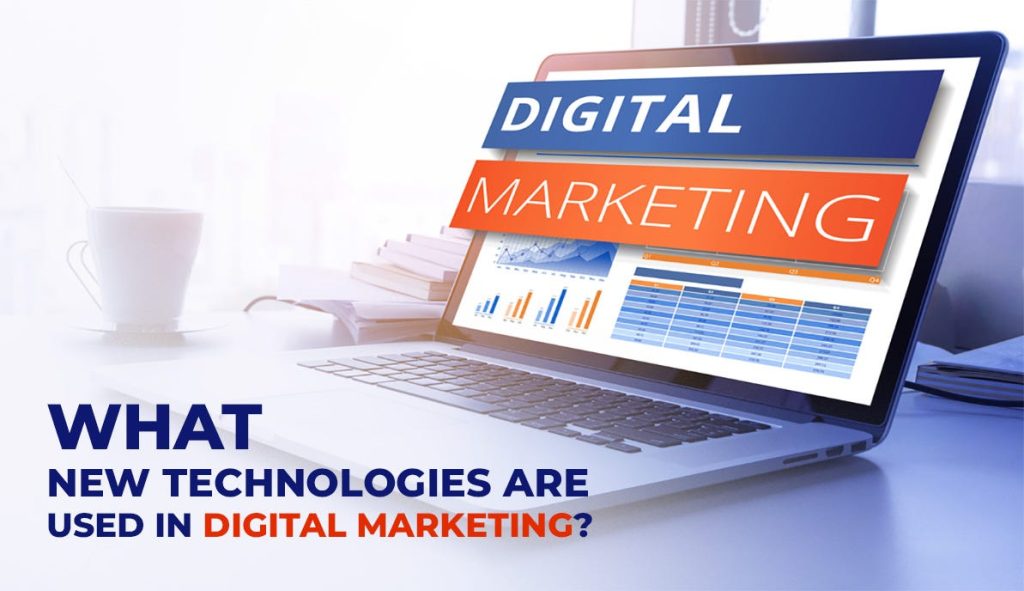
Here’s an exploration of some of the most impactful new technologies transforming digital marketing:
1. Artificial Intelligence (AI):
AI is revolutionizing marketing by automating tasks, analyzing massive data sets, and personalizing customer experiences. From AI-powered chatbots that answer customer inquiries to dynamic content creation and predictive analytics, AI is streamlining workflows, predicting customer behavior, and delivering highly relevant and personalized experiences.
2. Virtual Reality (VR) and Augmented Reality (AR):
VR and AR are blurring the lines between the physical and digital worlds, offering immersive experiences that engage audiences in entirely new ways. Businesses are utilizing VR and AR for product demonstrations, virtual tours, and interactive marketing campaigns, creating a lasting impact on customers and fostering deeper brand connections.
3. The Metaverse:
The metaverse, a virtual world that merges the physical and digital, presents a whole new frontier for digital marketing. Businesses can create virtual storefronts, host interactive events, and offer unique experiences within the metaverse, reaching a tech-savvy audience and forging new pathways for customer engagement.
4. Blockchain Technology:
Blockchain, the secure and transparent technology underpinning cryptocurrencies, is finding its way into digital marketing. From decentralized data ownership to secure ad tracking and fraud prevention, blockchain offers solutions for building trust and transparency in the digital advertising ecosystem.
5. Voice Search Optimization (VSO):
The rise of voice-activated devices like smart speakers and smartphones is changing search behavior. Businesses need to optimize their content for voice search by using natural language and conversational keywords to ensure they are found when customers use voice commands.
6. Omnichannel Marketing:
Providing consistent and seamless experiences across all touchpoints, online and offline, is crucial for engaging customers and driving conversions. Omnichannel marketing leverages various technologies, from data integration platforms to marketing automation tools, to deliver personalized messages across channels, creating a unified customer journey.
7. Big Data and Analytics:
With the abundance of data available, businesses can gain invaluable insights into customer behavior and preferences. Big data analytics tools help marketers understand their target audience better, identify trends, measure campaign performance effectively, and make data-driven decisions to optimize their strategies.
8. The Internet of Things (IoT):
The increasing connectivity of devices through the internet opens up new possibilities for contextually relevant marketing. From personalized product recommendations based on smart home devices to targeted advertising based on location data, IoT allows businesses to deliver customized experiences based on real-time information.
9. Programmatic Advertising:
Programmatic advertising automates the buying and selling of ad space across various digital platforms. This technology allows for real-time bidding, ad targeting based on user data, and efficient campaign management, optimizing ad spend and maximizing reach.
10. Interactive Content:
Interactive content, such as polls, quizzes, and contests, not only captures attention but also encourages engagement and data collection. Businesses are leveraging interactive elements to improve user experience, collect valuable user data, and drive conversions.
The integration of these new technologies into digital marketing strategies offers numerous benefits:
- Enhanced targeting and personalization: Reaching relevant audiences with more precise and impactful messaging.
- Improved customer experience: Delivering seamless, engaging, and personalized experiences across touchpoints.
- Data-driven decision-making: Gaining insights from data to optimize campaigns and maximize ROI.
- Automation and efficiency: Streamlining workflows and freeing up time for strategic activities.
- Increased engagement and conversions: Driving meaningful interactions and achieving desired outcomes.
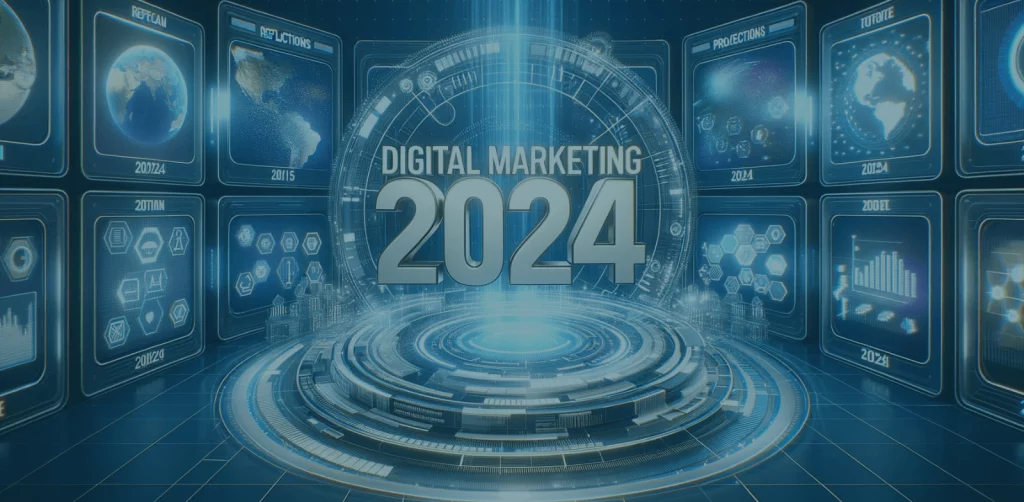
Staying abreast of these technological advancements and incorporating them into your marketing strategy is essential for success in the competitive digital landscape. By embracing new technologies and leveraging their potential, businesses can reach new audiences, forge deeper connections, and achieve their marketing goals more effectively than ever before.
Remember, the future of digital marketing is dynamic and constantly evolving. As new technologies emerge and existing ones evolve, it’s crucial for businesses to remain agile, adaptable, and open to innovation to thrive in this ever-changing digital landscape.
